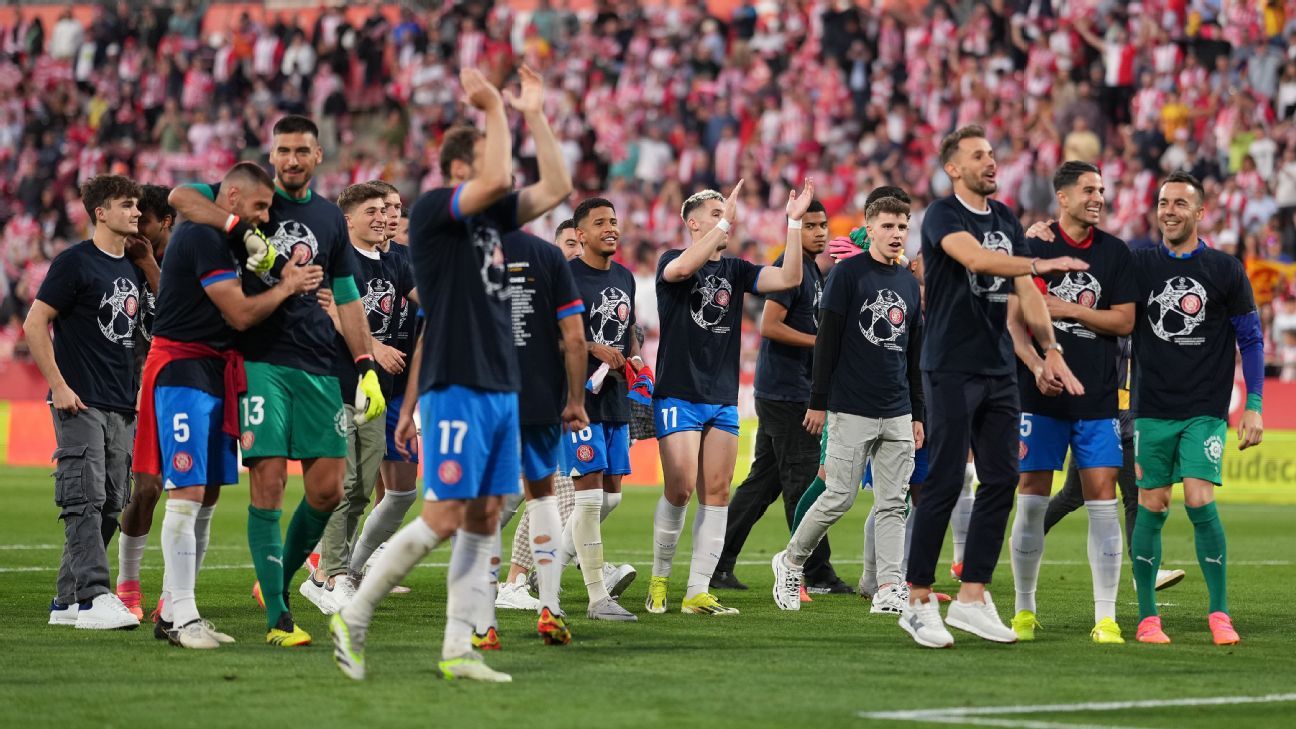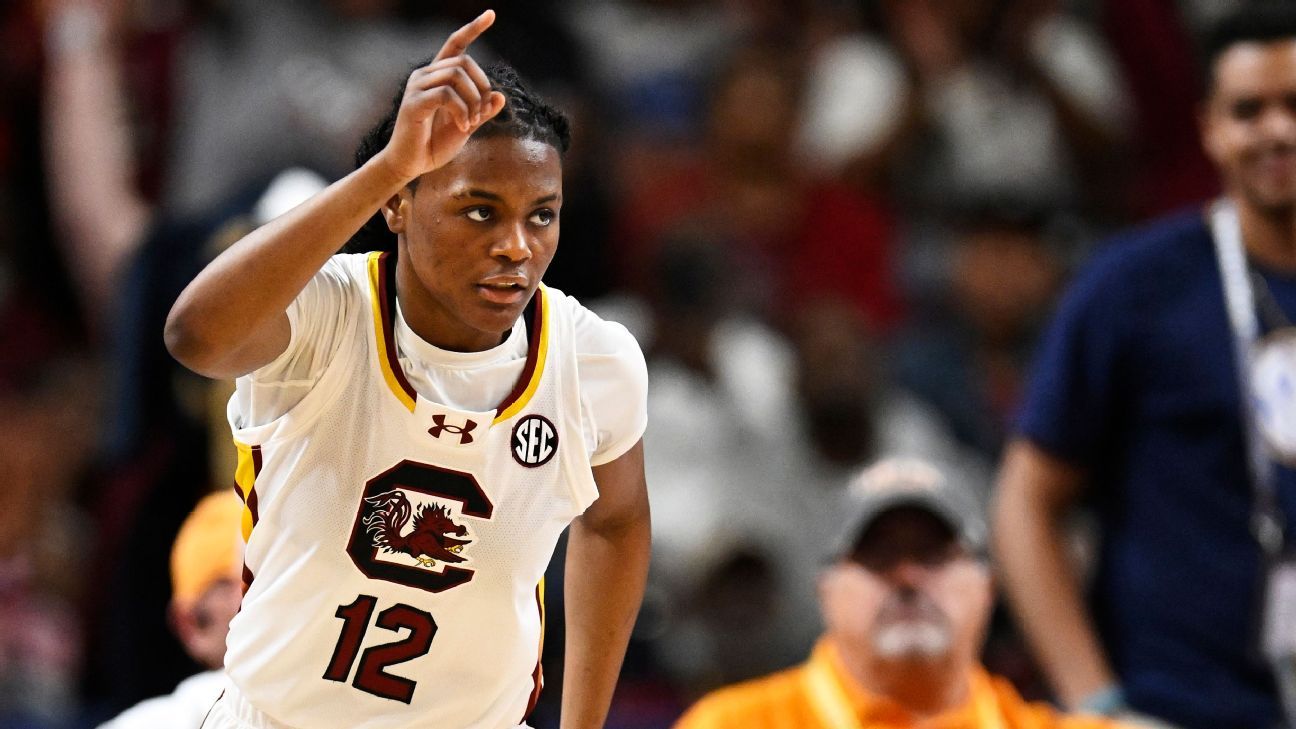The Complex FIFA Rules for Multi-Club Ownership
Manchester City and Girona, both backed by investors from Abu Dhabi, are facing a challenge from UEFA in order to participate in the upcoming Champions League season. The issue at hand revolves around the integrity rules set by UEFA to prevent collusion between teams with shared owners, a situation that could potentially influence game outcomes.
The Relationship Between Manchester City and Girona
Girona, having secured a guaranteed top-four finish in LaLiga, is making waves with players who have been either loaned or sold with the influence of Manchester City. Notably, star player Sávio has caught the attention of fans and critics alike with his impressive performance on the field. This collaboration has put both teams under UEFA’s microscope, testing the boundaries of the rules set in place to maintain fair competition within the sport.
The Options Offered by UEFA
UEFA has presented two possible solutions for City Football Group (CFG), the entity overseeing both clubs. The first option involves selling shares to a third party to decrease ownership stakes to less than 30%. The second option is to transfer all shares in one club to a blind trust monitored by a UEFA-appointed panel. These measures are aimed at ensuring compliance with the regulations while allowing both teams to continue their participation in top-tier tournaments.
The Impact on Transfer Deals and Player Signings
Girona’s impressive performance this season has raised questions about CFG’s influence on club operations and player transfers. The presence of players loaned from other CFG clubs has added fuel to the fire, prompting UEFA to investigate the matter further. Despite the potential implications, standout players like Sávio and Couto continue to shine on the field, showcasing their talent and contributing to their respective teams’ success.
The Global Expansion of City Football Group
City Football Group’s extensive network of clubs across continents highlights a growing trend in the football industry. With stakes in clubs from New York City to Mumbai, CFG’s reach extends far and wide, raising concerns about the potential risks associated with such a vast multi-club ownership structure. Critics argue that this model could facilitate collusion and undermine the integrity of the game, challenging traditional notions of fair competition.
As UEFA and CFG navigate the complexities of multi-club ownership, the future of Manchester City and Girona in elite competitions hangs in the balance. While the allure of shared resources and global partnerships may offer benefits, the regulatory hurdles posed by governing bodies like UEFA underscore the need for greater transparency and accountability in the realm of professional football.
Image/Photo credit: source url





